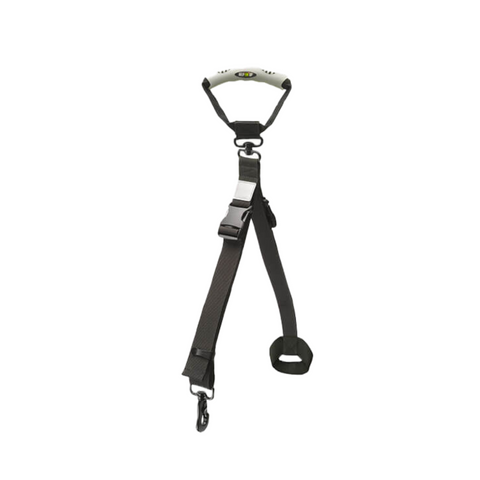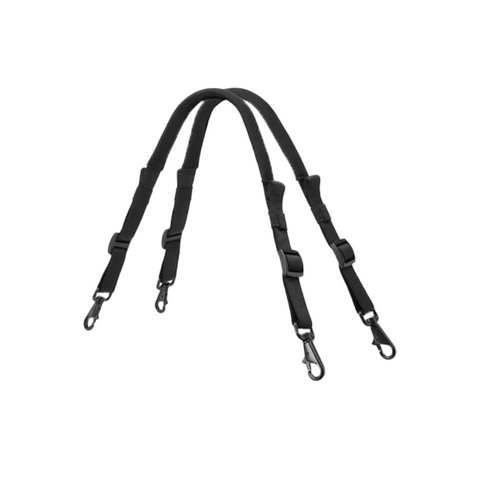If you are fortune enough to still have your dog in his senior years, he may start to suffer from age-related hearing loss (ARHL). It is very similar to what human’s experience as they age that causes many to get hearing aids. It is very hard to watch when your dog no longer responds to your voice or is aware of the sounds around him. This can also create a very dangerous situation if your dog doesn’t come when called or wanders off.
The differences in your dog’s behavior may be subtle. He may not hear the squeak in a toy or cars racing by.
So, what can you do? Here are some suggestions HelpEmUp has compiled through our extensive research on dog hearing loss.
- Check with your veterinarian first. First you want to verify that your dog is suffering from age-related hearing loss versus something like an ear canal disease. Some ear problems when left unchecked can cause total deafness.
- Start using hand signals. If your dog still has partial hearing, use a hand signal in conjunction with a verbal command. For instance, for “come”, wave him forward. After enough consistency, your dog will start catching on to what the hand signals mean. Old dogs can learn new tricks! When your dog starts responding to your hand signals, make sure to give him a lot of praise with belly rubs and a thumbs up. Some pet parents even use American Sign Language to communicate with their dogs. You can also use other sounds such as stomping on the floor or anything that creates a vibration.
- Emergency whistles. Emergency whistles are very loud and can often be heard by dogs who still have some hearing. The Storm Whistle, which is supposed to be twice as loud as any other whistle, is available in many pet stores and websites. Condition your dog to come when he hears the whistle but cover your ears because it is very loud!
- Keep your dog on a leash. When you leave your home, it is best to have your dog on a leash, so he can’t dart away. He may not be able to hear cars, motorcycles or even pedestrians whizzing by and may become very confused.
- Avoid startling your dog. As your dog loses his hearing, try and approach him from the front instead of creeping up on him from behind. If he is sleeping, gently rub his head or shoulders so as not to surprise him.
- Let him smell. When one sense shuts down, other senses become stronger. Introduce your dog to new smells to keep him interested in his environment.
- Make sure your dog has an identification tag. Although every dog should have an updated identification tag, it is even more important in senior dogs. Add to the tag that your dog is deaf.
- Become his ears. You will need to increase your vigilance as your dog loses his hearing and become keenly aware of sounds around you both … you will be serving double duty!
Although it is sad that your dog is getting older and losing his hearing, look on the bright side: it may bring you closer! As long as you love your dog and keep a close eye on him, your dog can live for many more years. Be patient with your dog and remember he is not ignoring you … he can’t hear you.



